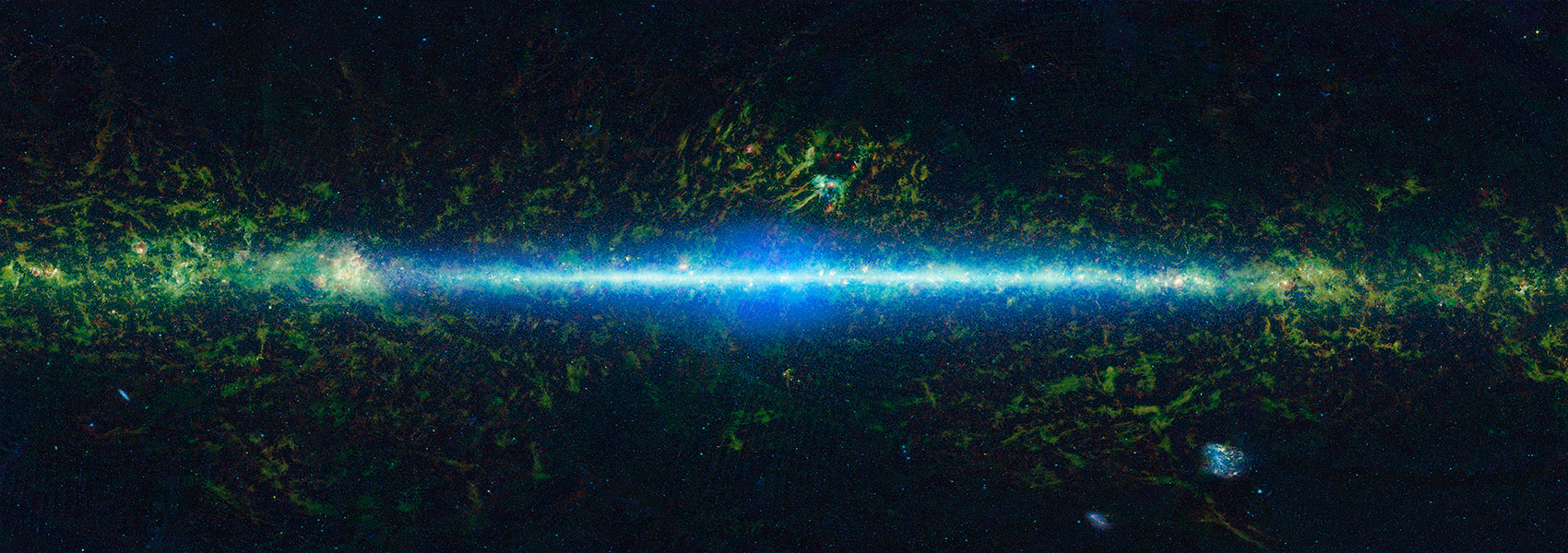
Prospects for Systematic Planetary Nebulae Detection with the Census of the Local Universe Narrowband Survey
February 2025 • 2025PASP..137b4203D
Abstract • We investigate the efficacy of a systematic planetary nebula (PN) search in the Census of the Local Universe (CLU) narrowband (Hα) survey that covers a considerably larger sky region of above decl. ‑20° than most previous surveys. Using PNe observed by the Isaac Newton Telescope Photometric Hα Survey as validation, we are able to visually recover 432 out of 441 cataloged PNe (98%) within the CLU data set, with 5 sources having unusable CLU images and 4 missed due to limitations of imaging quality. Moreover, the reference PNe are conventionally divided into three PN classes in decreasing order of identification confidence given their spectra and morphologies. We record consistently high recovery rate across all classes: 95% of True, 71% of Likely, and 81% of Possible sources are readily recovered. To further demonstrate the ability of CLU to find new PNe, we undertake a preliminary search of compact PNe within a sub-region of the validation catalog, mainly utilizing the significance of narrow-band colors (Σ) as a metric for identification. In a 200 deg2 region, we search the CLU source catalog and find 31 PN candidates after automated and visual scrutiny, of which 12 are new sources not appearing in previous studies. As a demonstration of our ongoing follow-up campaign, we present medium-resolution optical spectra of six candidates and notice that four of them show emission signatures characteristic of confirmed PNe. As we refine our selection methods, CLU promises to provide a systematic catalog of PNe spanning 2/3 of the sky.
Links
- SIMBAD https://simbad.u-strasbg.fr/simbad/sim-ref?querymethod=bib&simbo=on&submit=submit+bibcode&bibcode=2025PASP..137b4203D
- PDF https://iopscience.iop.org/article/10.1088/1538-3873/adb4a0/pdf
- PREPRINT http://arxiv.org/abs/2412.09836
- DATA https://irsa.ipac.caltech.edu/bibdata/2025/D/2025PASP..137b4203D.html
- ELECTR https://doi.org/10.1088/1538-3873/adb4a0


